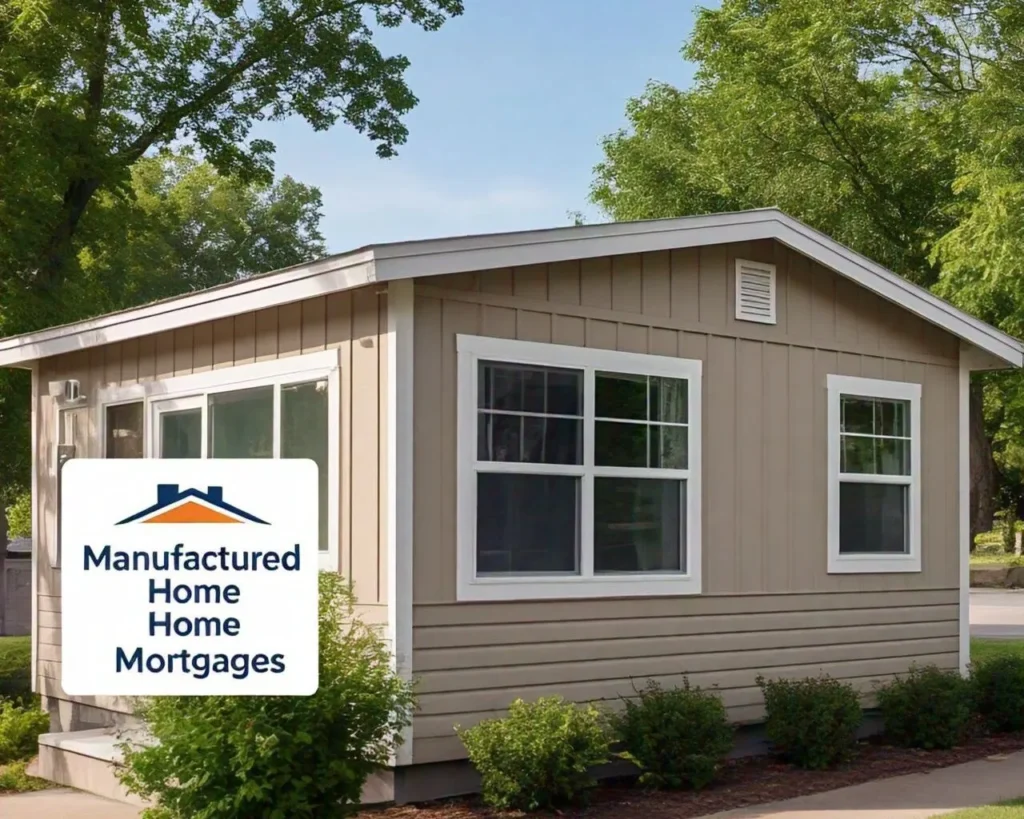Comprehensive Guide to Manufactured Home Mortgages

When it comes to affordable and flexible housing solutions, manufactured homes have become an increasingly popular choice for individuals and families across the United States. However, one of the most critical aspects of purchasing a manufactured home is securing the right financing, which often comes in the form of a manufactured home mortgage.
Unlike traditional site-built homes, manufactured homes are constructed in a factory setting and transported to their final location, making their financing needs unique. A manufactured home mortgage provides prospective homeowners with the financial means to purchase their dream home, whether it’s situated on privately owned land, in a manufactured home community, or leased property.
Understanding Manufactured Housing: A Unique Homeownership Option
Manufactured housing represents a modern and cost-effective solution for those seeking homeownership. Unlike traditional homes built on-site, manufactured homes are constructed in a controlled factory environment and transported to their final location. This process ensures consistency in quality and reduces construction costs, making them an affordable choice for many. Manufactured housing comes in various sizes and styles, ranging from single-section homes to expansive multi-section designs, offering flexibility to meet diverse needs and preferences. These homes are built to federal HUD standards, ensuring safety, durability, and energy efficiency. Whether placed on private land, leased lots, or in a dedicated community, manufactured housing provides a versatile and appealing option for individuals looking to balance affordability with modern living.
Exploring Manufactured Home Financing Options
Manufactured home financing plays a crucial role in making these homes accessible to buyers. There are several financing options available, each catering to different circumstances and needs. Conventional loans are an option for buyers with strong credit, while government-backed loans, such as FHA, VA, and USDA loans, provide lower down payment requirements and competitive interest rates. Personal property loans, or chattel loans, are another alternative for homes not permanently affixed to land. Buyers can also explore financing through specialized lenders who understand the nuances of manufactured home financing. Each option has its own eligibility criteria, terms, and conditions, making it essential for buyers to research and compare to find the most suitable choice for their financial situation and long-term goals.
Benefits of Choosing Manufactured Home Mortgages
Opting for a manufactured home mortgage offers numerous advantages for potential homeowners. First, these mortgages often feature lower upfront costs compared to traditional home loans, making homeownership more attainable. Additionally, manufactured home mortgages can be tailored to the unique nature of these homes, providing flexible terms and repayment options. Many lenders offer competitive interest rates, particularly for buyers with strong credit profiles or those using government-backed loans. Another key benefit is the potential for home appreciation, especially when the manufactured home is placed on owned land and well-maintained. Manufactured home mortgages also help buyers build equity over time, contributing to long-term financial stability. Overall, these mortgages provide a practical pathway to owning a comfortable and affordable home.
Tips for Securing the Best Manufactured Home Financing
Securing the best financing for a manufactured home requires careful planning and research. Start by assessing your credit score, as higher scores typically lead to better loan terms and lower interest rates. Next, determine your budget, including the cost of the home, land (if applicable), and associated expenses like insurance and taxes. Research different lenders, including those specializing in manufactured home financing, and compare their loan products. Government-backed loans, such as FHA or VA loans, can be excellent options for qualified buyers. Ensure that the home meets HUD standards, as this may impact loan eligibility. Finally, consider working with a financial advisor or mortgage broker to navigate the process and identify the most suitable loan for your needs. By being proactive and informed, you can secure financing that aligns with your goals and ensures a smooth path to homeownership.
Conclusion
A manufactured home mortgage is more than just a financial tool; it’s a gateway to achieving the dream of homeownership in a cost-effective and flexible manner. By understanding the unique aspects of manufactured housing and exploring tailored financing options, buyers can make informed decisions that align with their financial goals. The benefits of manufactured home mortgages, including lower upfront costs, competitive interest rates, and potential equity growth, make them an attractive choice for many prospective homeowners. Taking the time to research, plan, and seek expert guidance can ensure a seamless financing process and a rewarding homeownership experience. With the right approach, a manufactured home mortgage can pave the way to a stable, affordable, and fulfilling living environment.
